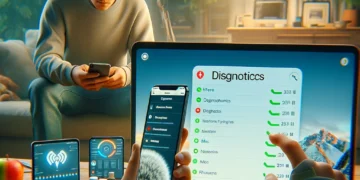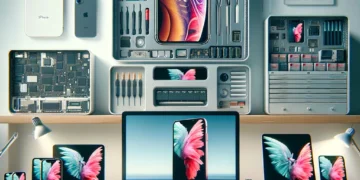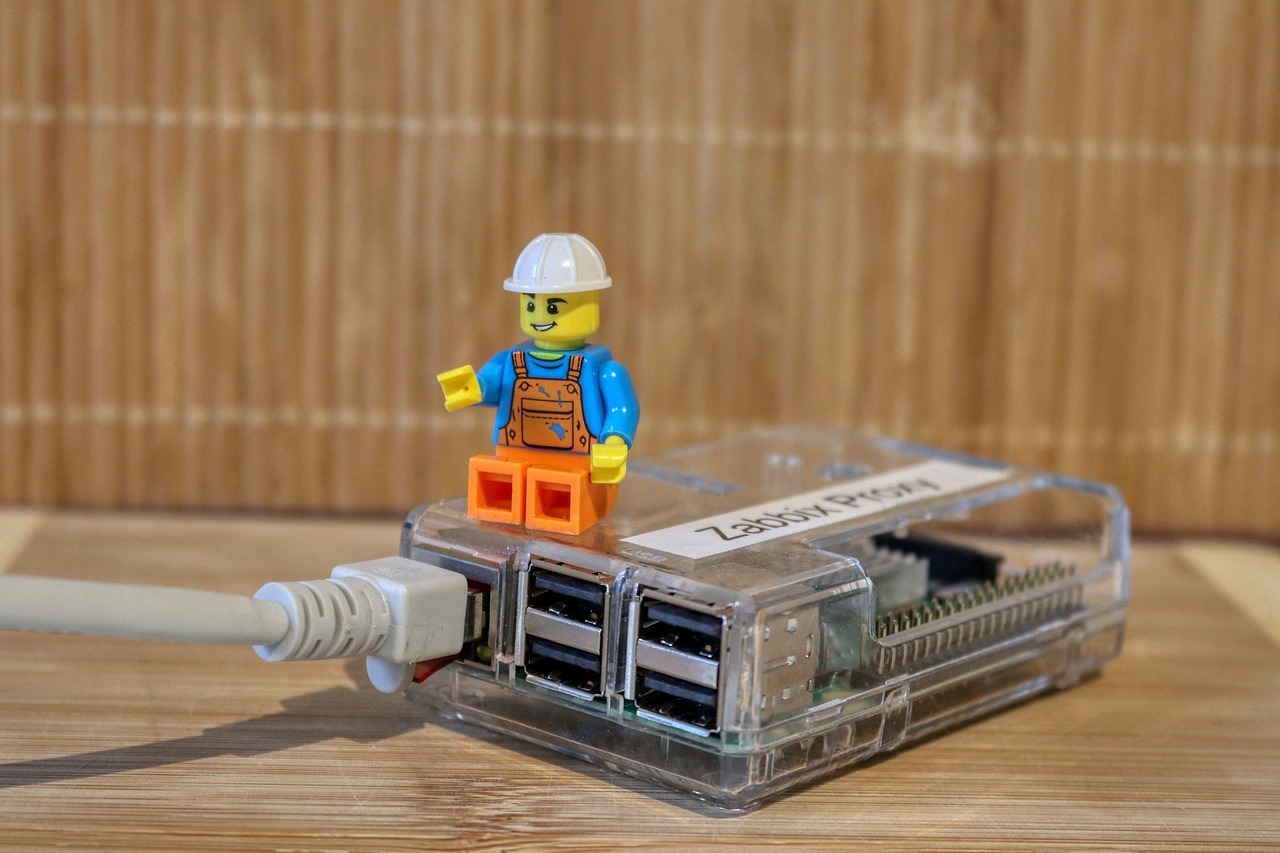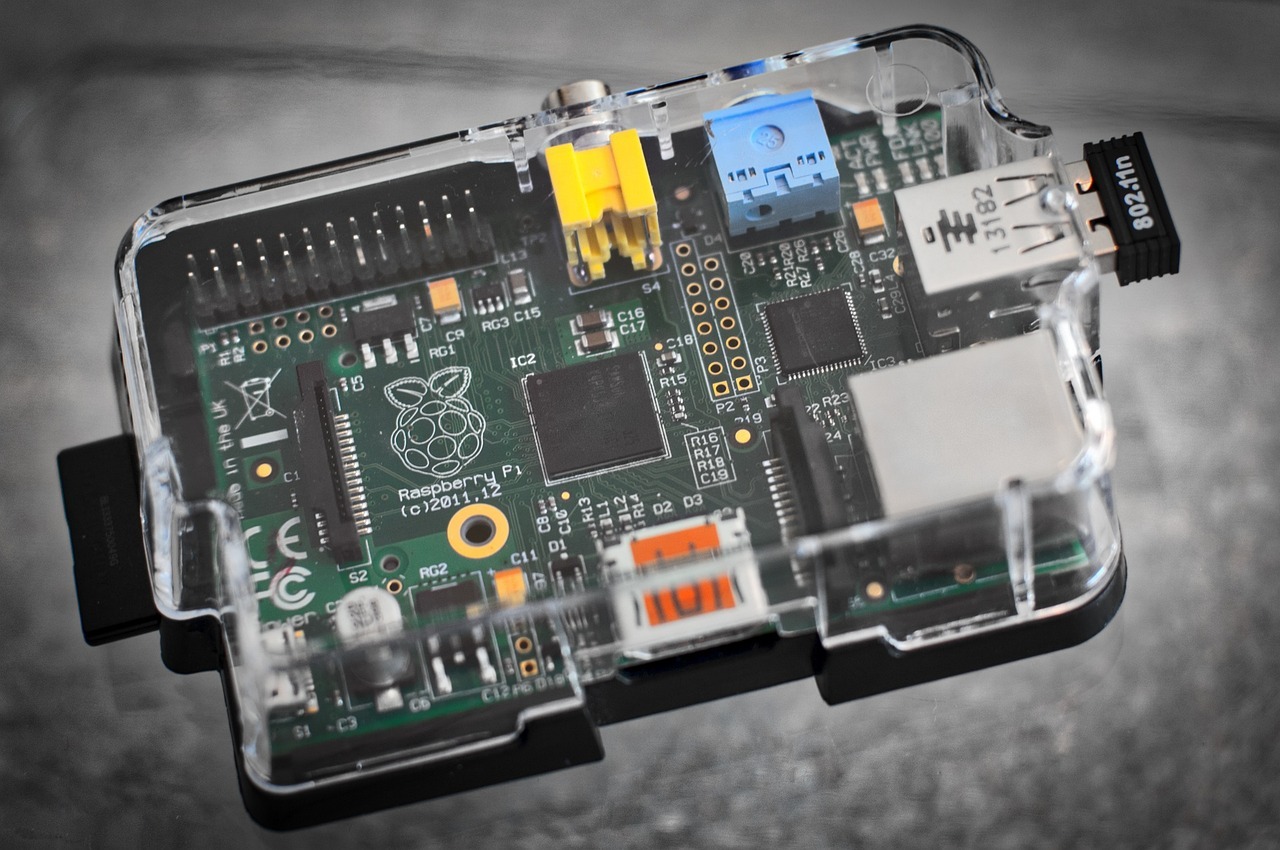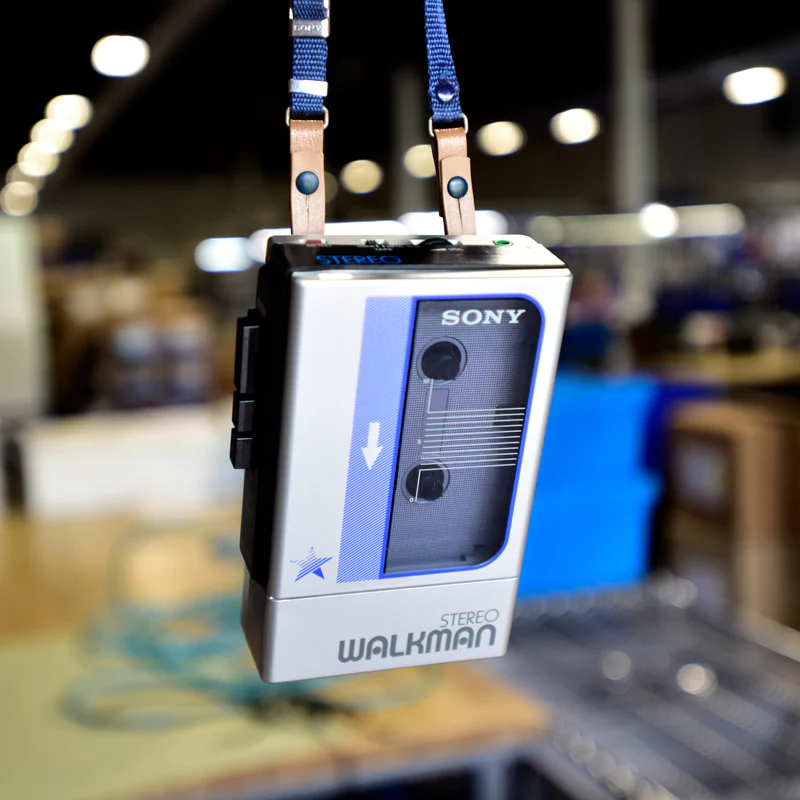We’re all familiar with the classic story: a fresh, confident recruit joins the workforce, and the seasoned worker has to impart their knowledge—only to discover they’ll soon be replaced once the newcomer catches up. This age-old tale of human job displacement may soon find a new chapter in the era of artificial intelligence (AI).
Acer Aspire 3 A315-24P-R7VH Slim Laptop | 15.6" Full HD IPS Display | AMD Ryzen 3 7320U Quad-Core Processor | AMD Radeon Graphics | 8GB LPDDR5 | 128GB NVMe SSD | Wi-Fi 6 | Windows 11 Home in S Mode
While automation has long been associated with the loss of blue-collar jobs, it’s becoming increasingly clear that AI poses a threat to white-collar roles as well. AI tools are gaining the ability to automate tasks, and in some cases, entire job functions in corporate settings, particularly those that involve repetitive tasks and data processing. This trend could impact professionals across various sectors, from banking and insurance to legal services and beyond.
Carl Frey, an economist at Oxford University, co-authored a pivotal study in 2013, suggesting that AI could potentially endanger nearly 50 percent of jobs in the United States over the coming decades. While Frey doesn’t believe new AI tools like ChatGPT will fully automate jobs due to their need for human oversight and occasional unreliability, the underlying factors discussed in his study remain relevant today. Given the rapid pace of AI advancement, predicting its future applications and capabilities is challenging.
Dell Latitude E6420 14.1-Inch Laptop (Intel Core i5 2.5GHz with 3.2G Turbo Frequency, 4G RAM, 128G SSD, Windows 10 Professional 64-bit) (Renewed)
Another aspect to consider is how AI is integrated into daily work and how it’s trained. This is where corporate spyware enters the picture—intrusive monitoring applications that enable employers to closely observe employees, collecting extensive data that could be utilized in intriguing ways. With companies increasingly monitoring their employees on a large scale and encouraging them to interact with AI tools, questions arise regarding the training of the numerous AI tools currently in development.
When you combine these factors, it’s conceivable that companies could employ data gathered from employees, monitor their activities, and have them interact with AI systems capable of learning from their actions. This data could then be used to develop new AI programs designed to replace these employees. If your boss can understand precisely how you perform your job and an AI program is learning from your generated data, your boss might eventually delegate the job entirely to the program.
HP OMEN 16 Gaming Laptop, 16.1" QHD(2560 x 1440) 165Hz, 14-Core i9-12900H(Upto 5GHz), RTX 3060, RGB Backlit Keyboard, Ethernet, Thunderbolt 4, WiFi 6, Windows 11 Home, Black(64GB DDR5 RAM | 1TB SSD)
Carl Frey suggests, “When it comes to monitoring workflows, I do think that’s going to be a way we automate a lot of this stuff. What you might be able to do is take some of those foundational models and train them on some of the data you have internally and fine-tune them, or you could train a model from scratch just with your internal data.
David Autor, a professor of economics at MIT, agrees that AI could be trained using this approach. While employee surveillance is widespread in the corporate world, and some of the collected data could be used to train AI programs, simply observing how people interact with AI tools during their workday could also contribute to training AI programs to replace workers.
15.6 inch Laptop, Windows 10 Pro Operating System, Intel Celeron Quad-core CPU, 8GB DDR3 RAM, 128GB SSD, 1920 x 1080 IPS HD Display, Online Conferencing, Webcam, Compact Design, Wi-Fi
Whether through direct interaction with AI tools throughout the day or by using the data generated during their work to create AI programs capable of performing the same tasks, employees might unintentionally find themselves training AI systems to take over their roles. Even if these AI programs aren’t highly effective, many companies might find them acceptable because they don’t require salaries and benefits.
Autor believes that AI won’t result in a “labor market apocalypse.” Instead, many workers will experience job changes due to AI, while some will indeed become redundant due to AI advancements. The challenge lies in finding suitable employment for these individuals after their job roles become obsolete, especially if they lack the education and skills required for well-paying positions.
HP 14 Laptop, Intel Celeron N4020, 4 GB RAM, 64 GB Storage, 14-inch Micro-edge HD Display, Windows 11 Home, Thin & Portable, 4K Graphics, One Year of Microsoft 365 (14-dq0040nr, 2021, Snowflake White)
“It’s not that we’re going to run out of work. It’s much more that people are doing something they’re good at, and that thing goes away. And then they end up doing a kind of generic activity that everybody’s good at, which means it pays very little—food service, cleaning, security, vehicle driving,” explains Autor. “These are low-paying activities.”
To address this issue, effective retraining programs would be required, but the United States has traditionally struggled with such initiatives. Technology could play a role in improving retraining efforts, with new digital tools aiding in the process.
The initial excitement surrounding AI tools like ChatGPT has waned somewhat. However, the rapid pace of AI development means that their capabilities could evolve significantly in the coming years, leading to the disruptive potential many have warned about.
Vincent Conitzer, a professor of computer science at Carnegie Mellon University, advises against underestimating the future capabilities of AI tools. While these tools may have limitations at present, their potential to disrupt industries and replace jobs shouldn’t be underestimated. Conitzer warns of a “boiling frog” scenario, where gradual AI advancements go unnoticed until significant societal issues emerge.
“I worry about this being a ‘boiling frog’ kind of scenario, where we see amazing advances in AI but then don’t immediately see them take over people’s jobs, and [people] conclude there wasn’t all that much to worry about,” says Conitzer. “Meanwhile, gradually but quickly, the world and the job market do adjust to the new technologies in complex ways, and at some point, we realize large societal problems have emerged.”










![Apple Watch SE (2nd Gen) [GPS 40mm] Smartwatch with Starlight Aluminum Case with Starlight Sport Band S/M. Fitness & Sleep Tracker, Crash Detection, Heart Rate Monitor](https://www.tech-bit.com/wp-content/uploads/2024/06/applewatchse2ndgengps40mmsmartwatchwithstarlightaluminumcase-360x180.jpg)









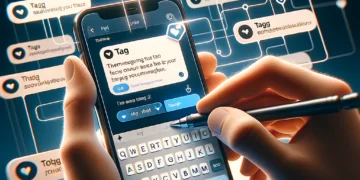






![Apple Watch Series 9 [GPS 45mm] Smartwatch with Midnight Aluminum Case with Midnight Sport Band S/M. Fitness Tracker, ECG Apps, Always-On Retina Display, Water Resistant](https://www.tech-bit.com/wp-content/uploads/2024/06/applewatchseries9gps45mmsmartwatchwithmidnightaluminumcasewith-360x180.jpg)



![Apple Watch Ultra 2 [GPS + Cellular 49mm] Smartwatch, Sport Watch with Rugged Black Titanium Case with Black Ocean Band. Fitness Tracker, Precision GPS, Action Button, Extra-Long Battery Life](https://www.tech-bit.com/wp-content/uploads/2024/10/applewatchultra2gpscellular49mmsmartwatchsportwatchwithrugged-360x180.jpg)









